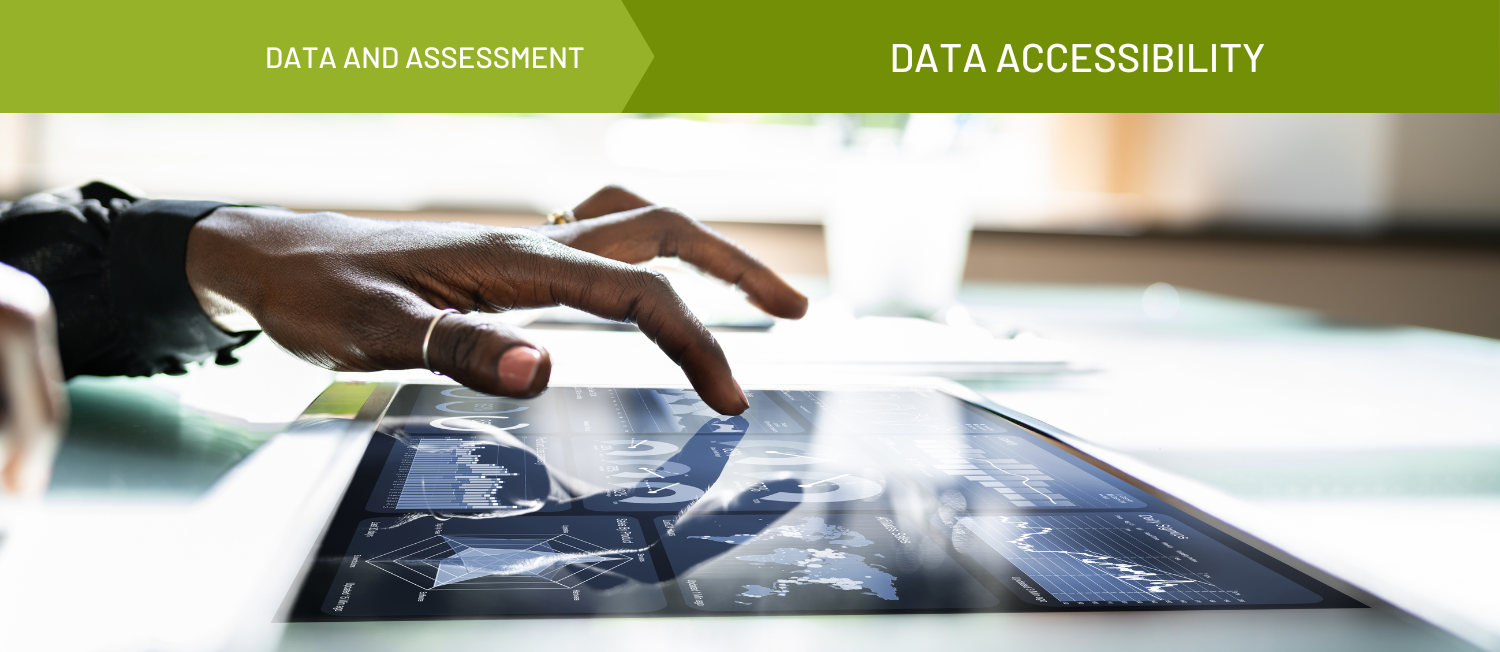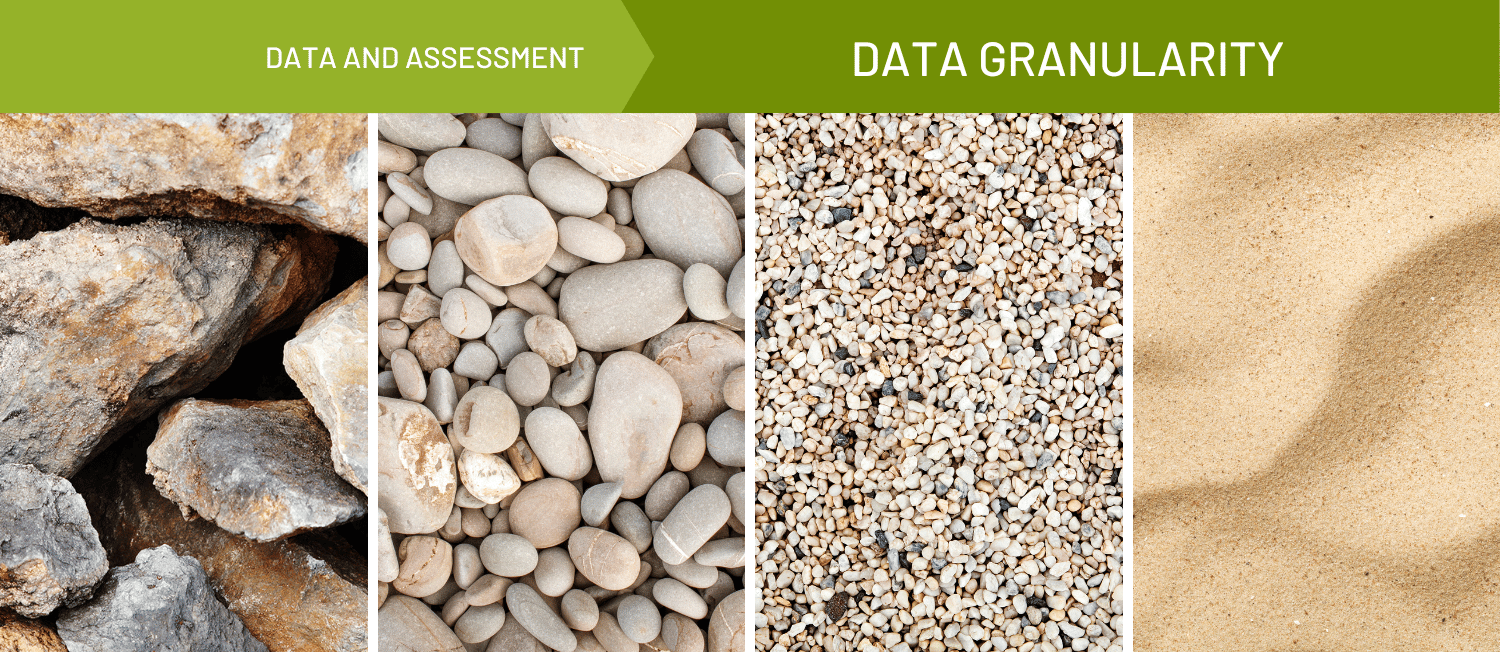Administrative Data
Administrative data (quantitative and qualitative) are information collected, used, and stored primarily for administrative (i.e., operational) rather than research purposes, but that have application beyond those individual programs. Administrative data wields significant influence over well-being, policymaking, disparity reduction, community engagement, and is often the formation of responses to health crises. This understanding not only empowers individuals engaged in community health and transformation but also presents an opportunity for agencies and other entities that gather data and share it with the public. Amidst the vast expanse of existing data, much of which remains inaccessible to the public, lies a wealth of information that can be harnessed for health-related purposes. It is crucial, however, to remain vigilant against the weaponization of data and the potential for discrimination within data systems.
Local Impact: Administrative data guides local healthcare delivery resource allocation and identifies community health disparities.
National Impact: It shapes national health policies, monitors diseases, and influences responses to public health emergencies.
Global Impact: International organizations like the WHO use it for global health assessment and pandemic response.
Administrative data is diverse—key types of administrative data that are applicable to community change work include data from government agencies that oversee public assistance programs, claims data, medical records, vital records, health insurance data, and laboratory/test results. For example, the USDA (United States Department of Agriculture) uses SNAP (Supplemental Nutrition Assistance Program) records to create data for the public through a combination of data collection, analysis, and reporting processes. This data contributes to informed decision-making, policy development, and program improvements related to food assistance programs in the United States.
Historically, infectious diseases affected all, but marginalized communities faced worse outcomes. Chronic diseases affect a broader population today, with marginalized groups still facing disparities. Advanced technology, digital health records, data sharing, and data-driven interventions emphasize the importance of administrative data and its uses. The COVID-19 pandemic highlighted its significance in tracking health threats. Leading practices when using administrative data emphasize privacy, equity, accessibility, transparency, and accountability.
Data equity entails addressing biases, ensuring privacy, promoting access, equitable resource allocation, community engagement, supportive policies, and transparency for a just and effective public health system.
Administrative data are vital for resource allocation, policy development, epidemic control, reducing disparities, system efficiency, research, emergency response, accountability, planning, and preventive health. Reliable data enhances public health systems. Changemakers can impact administrative data's role in public health at scale through advocacy for data quality, education, collaborative partnerships, policy advocacy, and promoting data-driven decision-making. Local communities and changemakers play a crucial role by engaging in community efforts, promoting data literacy, conducting research, advocating for health equity, and ensuring ethical data use for better community-level public health outcomes.
Resources & Tools
Harnessing Administrative Data to Study Health Inequality
Resource - Journal Article
Brought to you by The Lancet
Using Administrative Data for Social Science and Policy
Resource - Journal Article
Brought to you by NLM
A Community-Centered Approach to Data Sharing and Policy Change: Lessons for Advancing Health Equity
Resource - Policy Brief
Brought to you by Center for Health Care Strategies
An Overview of Addressing Nonresponse Bias in the American Community Survey During the COVID-19 Pandemic Using Administrative Data
Resource - Blog
Brought to you by Census Bureau
Medicaid Administrative Data: Challenges with Race, Ethnicity, and Other Demographic Variables
Resource - Policy Brief
Brought to you by KFF
Using Benchmarks to Explore Population Health Data
Story
Brought to you by IP3
Published on 08/23/2022
Understanding and Interpreting Population Health Measures
Story - Written
Brought to you by IP3
Published on 11/15/2022
Related Topics







 Original
Original















